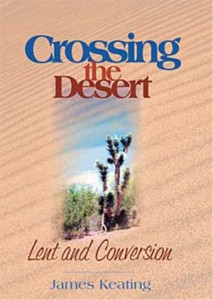Podcast: Play in new window | Download (Duration: 23:04 — 16.1MB) | Embed
Subscribe: Apple Podcasts | Spotify | Amazon Music | Android | Pandora | iHeartRadio | JioSaavn | Podchaser | Gaana | Podcast Index | Email | TuneIn | Deezer | Anghami | RSS | More
The Power of the Cross and Baptism – Building a Kingdom of Love with Msgr. John Esseff

In the podcast episode, Msgr. John Esseff discusses the cross and crucifixion, detailing their historical and theological significance, and connects these topics with the sacrament of baptism.
Msgr. Esseff explains the evolution of the cross from a despised symbol associated with a gruesome form of execution to the central emblem of Christianity, representing salvation and victory over death. He provides a detailed account of the physical and emotional aspects of crucifixion, emphasizing the intense suffering Jesus endured. He compares this to other forms of execution to highlight the cross’s unique brutality and the profound significance of Christ’s sacrifice.
The discussion on baptism highlights its vital role in Christian life, linking it to Jesus’ death and resurrection. Through baptism, believers participate in Christ’s sufferings, die with Him, and are raised to new life, symbolizing their liberation from sin and death. This sacrament establishes a profound connection between Christians and Christ, enabling them to share in His victory over sin and death.
Msgr. Esseff underscores the importance of understanding and venerating the cross, urging Christians to remember its role in their salvation and to incorporate it meaningfully into their lives. He advocates for the presence of crucifixes in Christian homes as reminders of the triumph and grace they embody.
In summary, the podcast intertwines the theological reflections on the cross and crucifixion with the transformative power of baptism, illustrating how these foundational elements of Christian faith converge to convey the message of redemption, transformation, and eternal life.
Discerning Hearts Reflection Questions:
- How does the historical context of crucifixion deepen your understanding of Jesus’ suffering and sacrifice? Reflect on the physical and emotional aspects of His Passion.
- The cross transitioned from a symbol of shame to one of salvation over centuries. How does this transformation influence your perception and veneration of the cross in your daily life?
- Reflect on the significance of the different representations of the cross in various Christian traditions (Protestant, Catholic, Orthodox). How do these differences enrich your appreciation of the universal Christian faith?
- Msgr. John Esseff emphasizes the integration of Jesus’ suffering into our personal lives through baptism. How do you perceive your own sufferings in light of being baptized into Christ’s death and resurrection?
- Consider the practice of making the sign of the cross. How does understanding its deep roots and significance affect your attitude toward this gesture?
- Baptism is described as a union with Jesus’ life, death, and resurrection. In what ways does this sacrament shape your identity as a Christian?
- Reflect on the use of the crucifix in your home or worship space. How does its presence influence your prayer life and spiritual awareness?
- Msgr. Esseff suggests that looking at the cross should remind us of our redemption and salvation. How does this perspective impact your personal spiritual journey?
- In light of the podcast discussion, how do you understand the phrase “by His cross, we have been saved”? How does this influence your approach to challenges and sufferings?
- Reflect on the power of the cross to overcome death and sin. How does this assurance affect your daily actions, hopes, and fears?
Msgr. John A. Esseff is a Roman Catholic priest in the Diocese of Scranton. He served as a retreat director and confessor to St. Teresa of Calcutta. He continues to offer direction and retreats for the Sisters of the Missionaries of Charity around the world. Msgr. Esseff encountered St. Padre Pio, who would become a spiritual father to him. He has lived in areas around the world, serving in the Pontifical missions, a Catholic organization established by Pope St. John Paul II to bring the Good News to the world, especially to the poor. He continues to serve as a retreat leader and director to bishops, priests, sisters, seminarians, and other religious leaders.

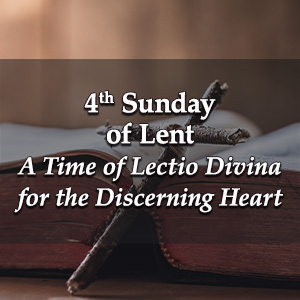 4th Sunday of Lent – A Time of Lectio Divina for the Discerning Heart Podcast
4th Sunday of Lent – A Time of Lectio Divina for the Discerning Heart Podcast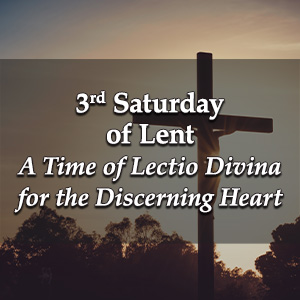 3rd Saturday of Lent – A Time of Lectio Divina for the Discerning Heart Podcast
3rd Saturday of Lent – A Time of Lectio Divina for the Discerning Heart Podcast
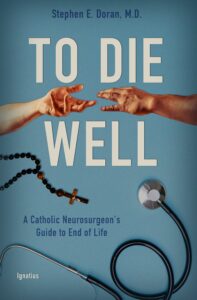

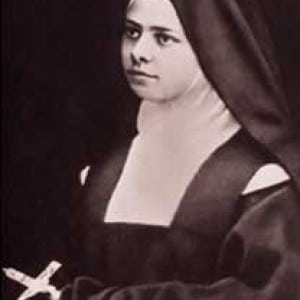
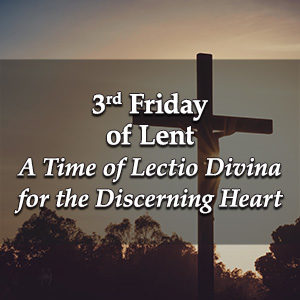 3rd Friday of Lent – A Time of Lectio Divina for the Discerning Heart Podcast
3rd Friday of Lent – A Time of Lectio Divina for the Discerning Heart Podcast
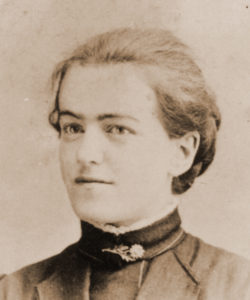
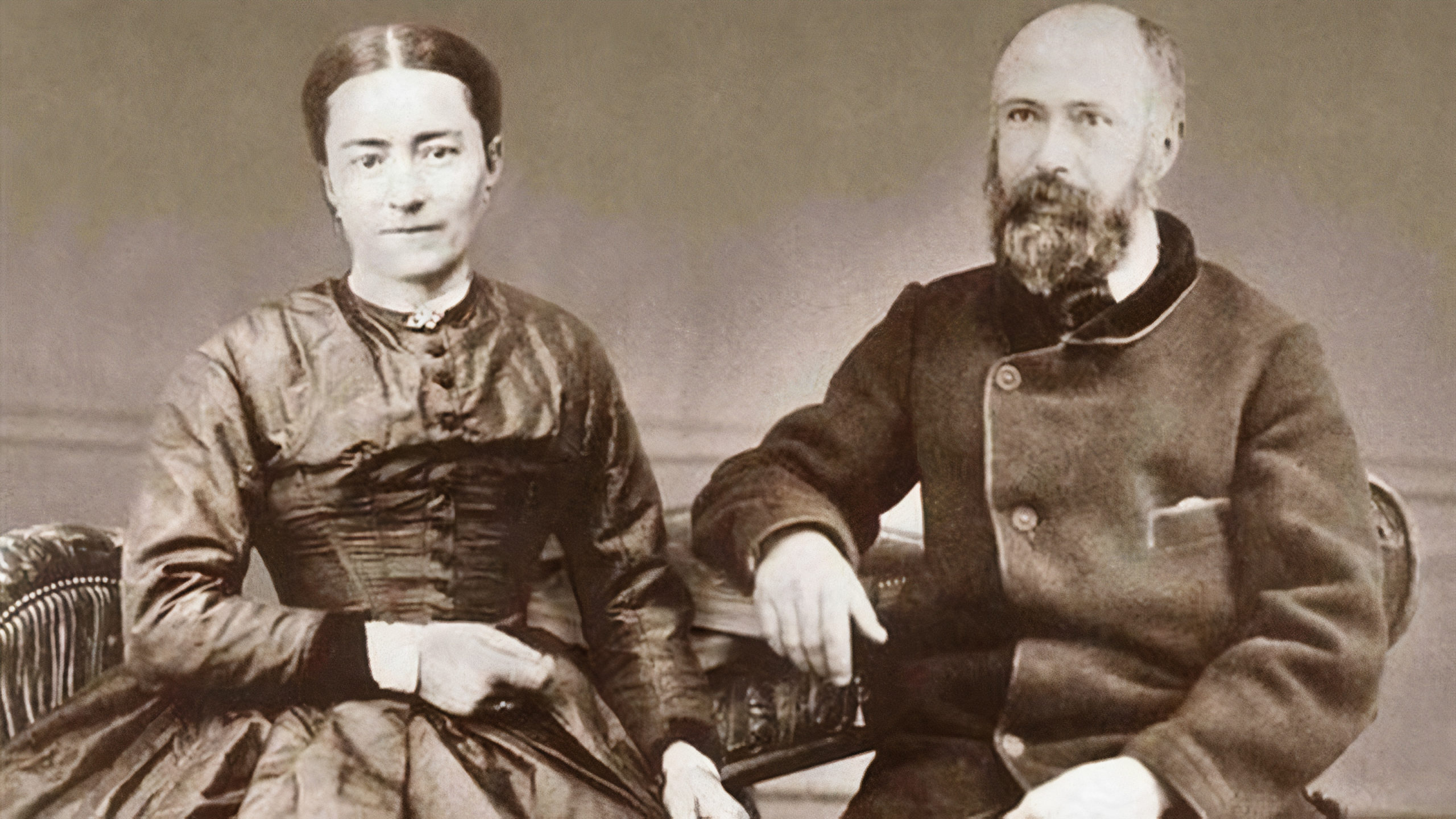
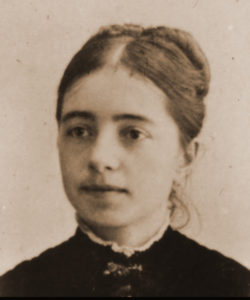
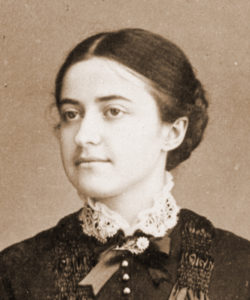
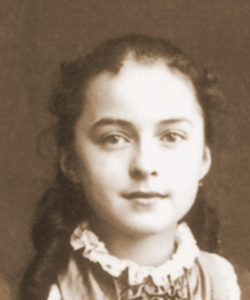
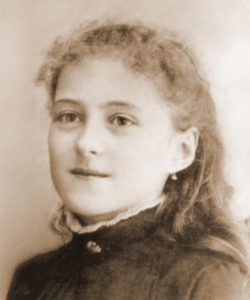
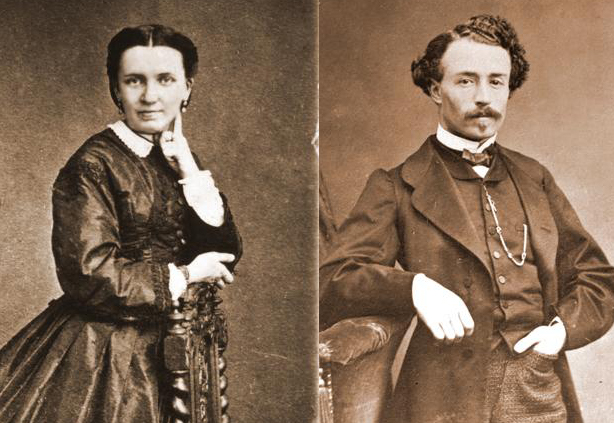
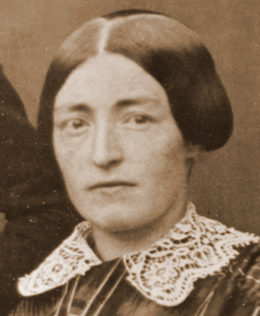
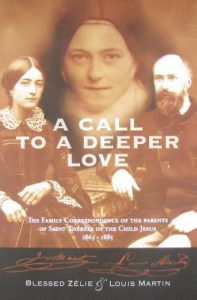

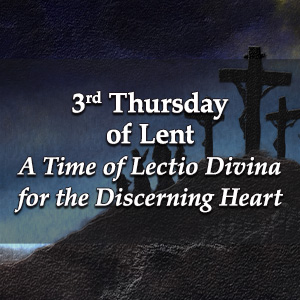 3rd Thursday of Lent – A Time of Lectio Divina for the Discerning Heart Podcast
3rd Thursday of Lent – A Time of Lectio Divina for the Discerning Heart Podcast
